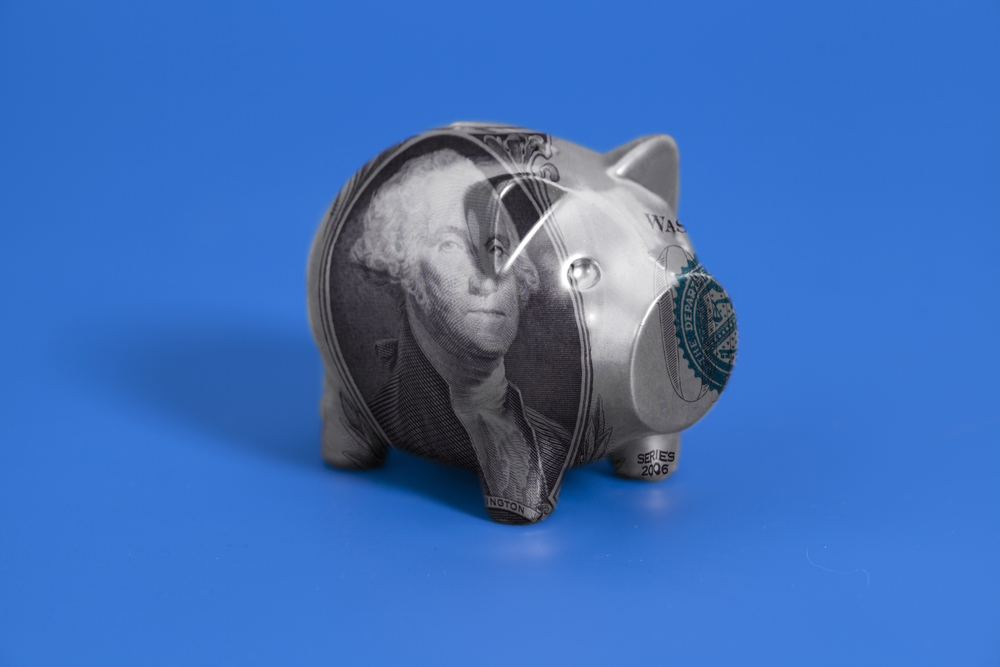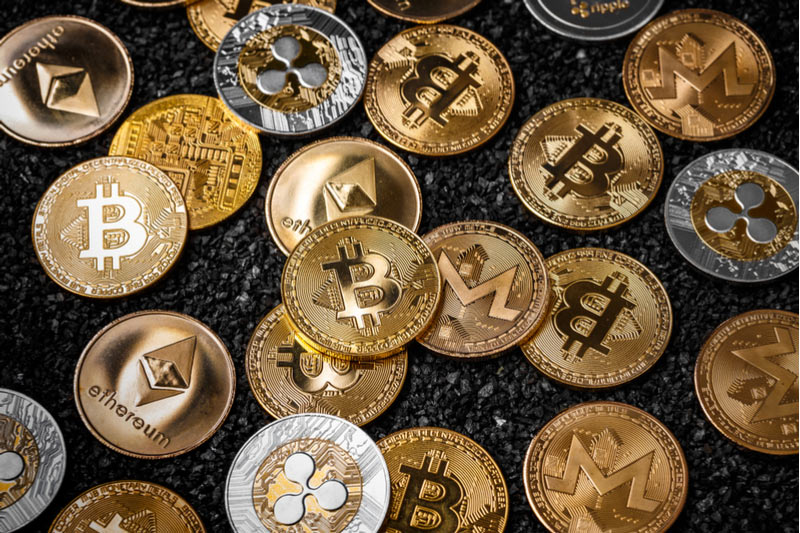Any resemblance between the following parable and current events is purely intentional.
Imagine an ambitious young man who wishes to become very rich, very quickly. He has sophisticated skills in manipulating data and works for a large financial firm. What is the quickest way to accumulate $6 billion dollars?
Obviously, there is no easy way to get rich. But if you are willing to risk going to jail, then you can considerably shorten the odds. So here’s my plan (Kids, please don’t try this at home):
1. “Borrow” $30 billion in customer funds for a few minutes. Put $1 billion on each of numbers 1 through 30 on a roulette wheel. (If the casino doesn’t do bets this large, do the Wall Street equivalent with derivatives.)
2. There’s more than a 75% chance your number will hit. (A 30/38 chance, to be precise.). If you win, the casino pays you $36 billion. Quickly return $30 billion to the customer accounts, and no one is the wiser.
3. Of course there is a non-trivial chance your number won’t hit, in which case your fraud will eventually be discovered and you’ll go to jail.
If you are lucky, you will be lauded as a highly talented investor: “How was this young man able to go from zero to $6 billion in such a short time? He must have found market inefficiencies. No one could beat a truly efficient market that consistently.”
But he shouldn’t push his luck. If he keeps doing these sorts of bets over and over again, then eventually he will get caught. The same media outlets that called him “the next Warren Buffett“, will now claim that it was always obvious that he was a fraud.
There’s a lesson here for the Efficient Markets Hypothesis. If some people are willing to risk going to jail in order to get rich, then the number of unusually successful investors will appear to be much larger than what one would expect if markets were efficient. But this reflects cheating, not superior investment skills. Even if asset price bubbles do not exist (which is my view), reputation bubbles most certainly do exist. Some investors have reputations that are inflated far beyond their fundamental values. When those gains are achieved illegally, it is only a matter of time before the reputation is punctured.
To summarize, the EMH is truer than it seems.















